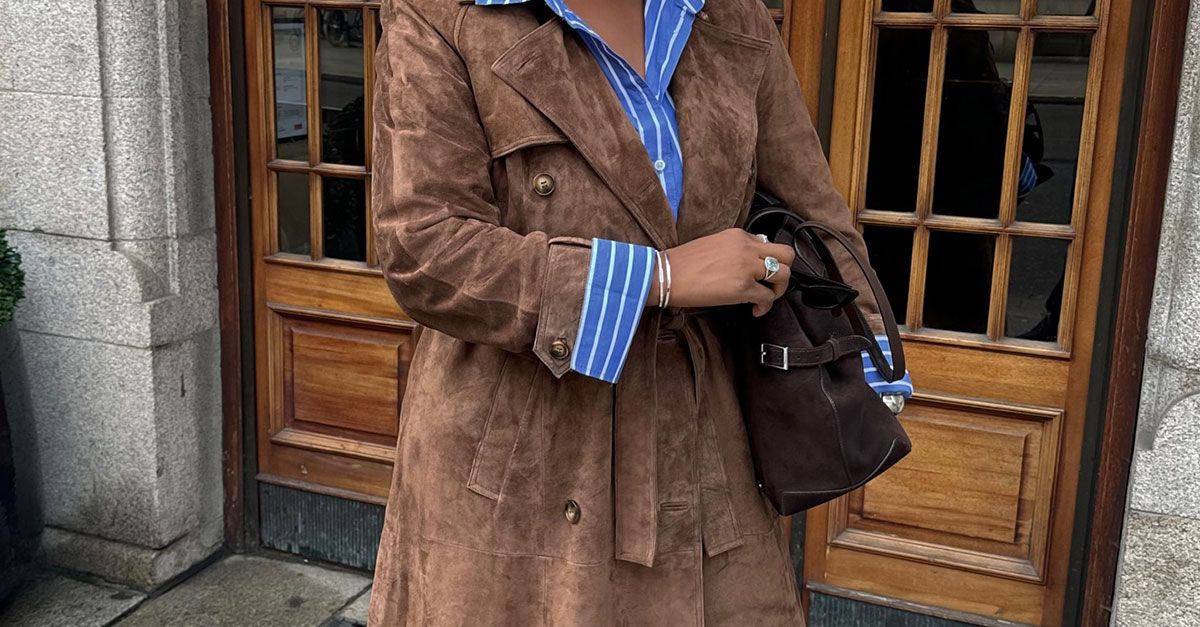A New Book Proves That Model Lisa Fonssagrives-Penn Was Much More Than “Just a Good Clothes Hanger”
Born in Sweden, née Bernstone, Fonssagrives-Penn was raised in an artistic family, and would take up photography, sculpture, and even fashion design in the course of her long life. Her path to modeling was through dance. After studying the art in Berlin, Fonssagrives returned home to teach herself. Astrid Malmborg, a Swedish choreographer, invited Fonssagrives-Penn to participate in a competition in Paris, for which they received some recognition, and the young Swede decided to stay on in the City of Light. It was there she met and married Fonssagrives, a fellow dancer. When he hurt his back and could no longer perform, she gave him a camera and became his muse.
Fonssagrives-Penn was introduced to Vogue via a run-in with the German fashion photographer Wally Maywald, who asked to take her picture. She recalled, “They asked me to do a test with Horst and I arrived terrified. I had never seen a fashion magazine; I didn’t know what fashion was. After that test with Horst, I went straight to the Louvre and studied how differently dressed people did different things.”
Fonssagrives-Penn also said that she “was terribly serious about being responsible and even studied photography to learn what the problems might be. I would stand before the camera on a set and concentrate my energy until I could sense it radiate into the lens and feel the photographer had the picture. It was very hard work!” But there were benefits—for the model and the rest of us. It was at the sitting for the magazine’s 1947 “Twelve Most Photographed Models” group portrait, that the model first met Irving Penn, whom she married three years later. Together they went on to create some of fashion’s most indelible images.
Source link








.jpg)